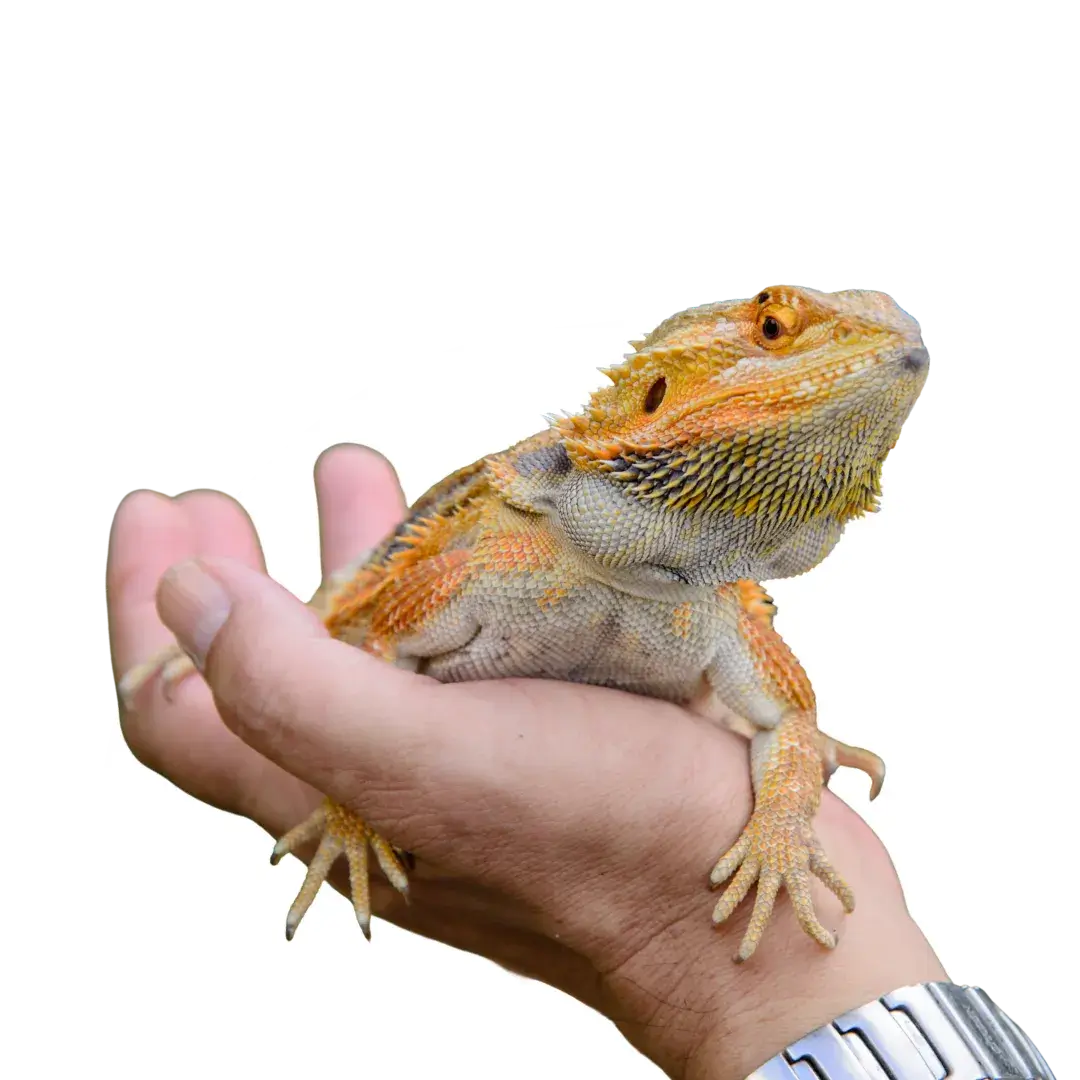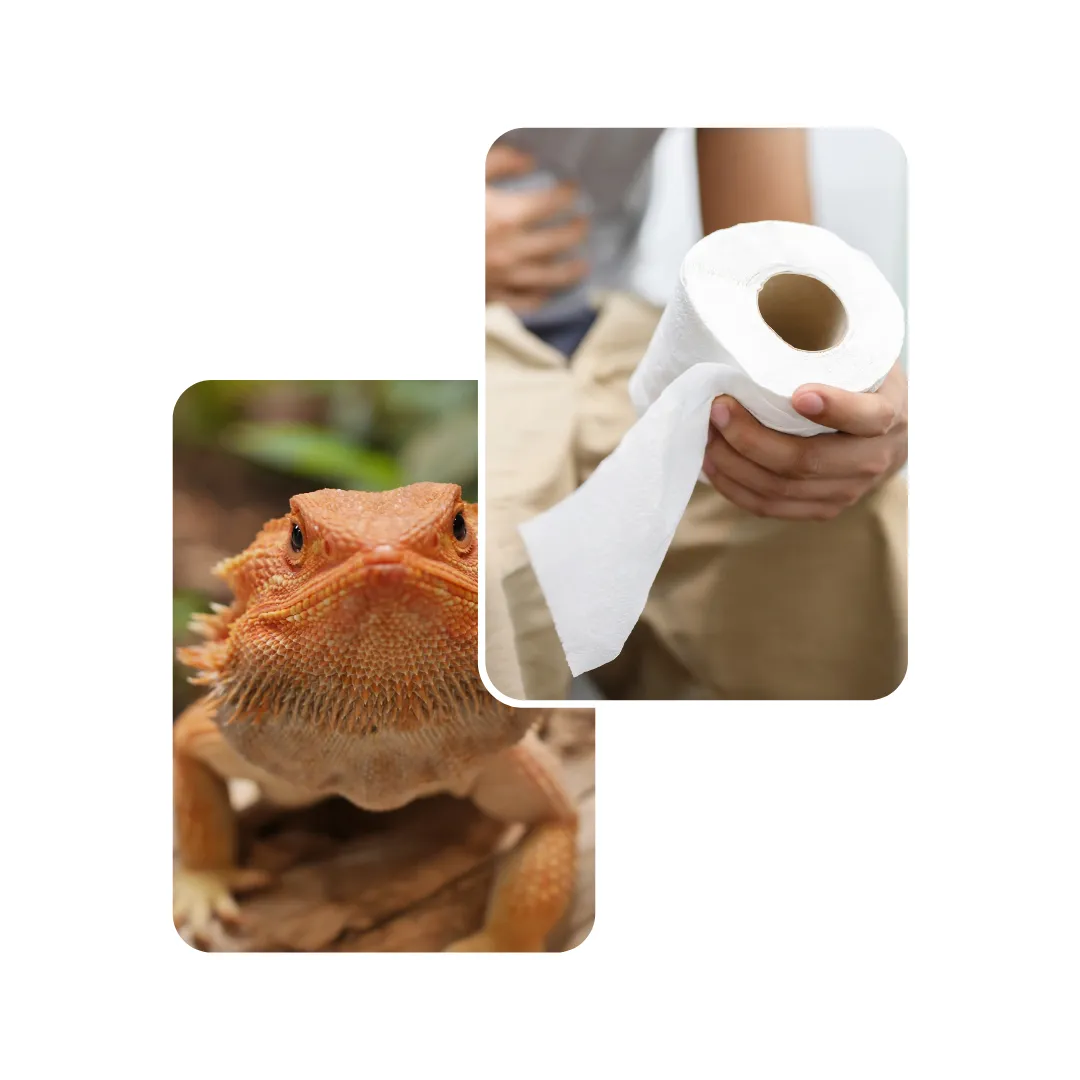

Feces is consistently smeared on the skin around the vent (cloacal pasting).
Refusal of all food and water after the onset of diarrhea, accelerating the loss of nutrients.
Immediate fluid therapy saves its life. Due to their small size, they can become critically dehydrated and go into shock within hours. We need immediate aggressive fluid therapy and diagnostics to stabilize their system.
Precision diagnostics ensure the correct cure. We use urgent, specialized fecal analysis (smears, flotation, and often PCR) to definitively identify parasites like Coccidia, which require specific prescription drugs.
Targeted medication eradicates the parasite. We prescribe powerful, prescription-strength anti-protozoal medication (often a weeks-long course) to eliminate the pathogen from the gut, combined with a mandatory habitat overhaul.
Correct temperature restarts digestion. Yes. Low heat paralyzes digestion. We provide an immediate husbandry audit to ensure the basking spot is 100–105°F (38–40°C), which is vital for killing pathogens and ensuring digestion.
Gut rest promotes healing. No. The gut lining is severely damaged. We require a fasting period (48–72 hours) followed by a slow reintroduction of food (e.g., slurries) to allow the lining to heal and prevent relapse.
Your pet deserves expert care – Subscribe now for trusted tips and updates from our pet experts.
